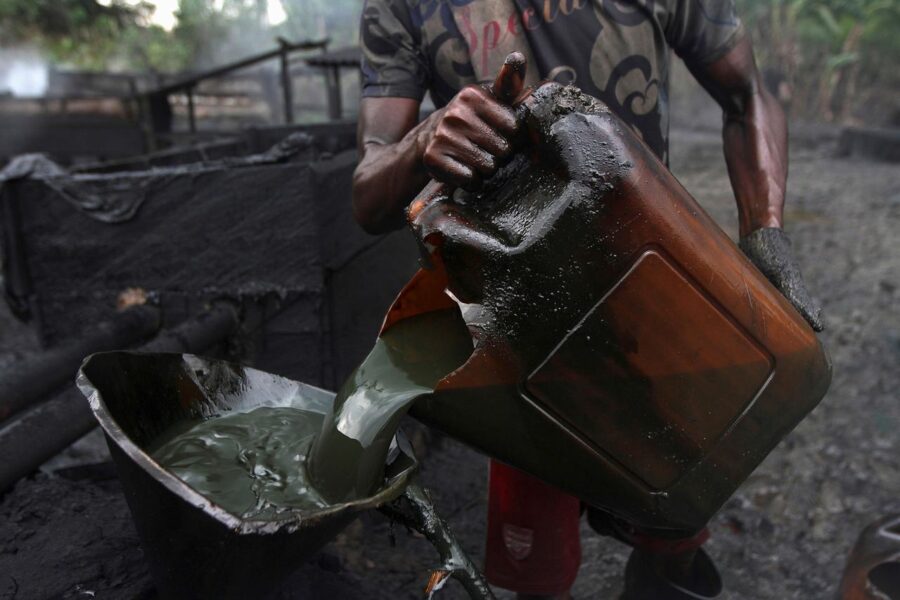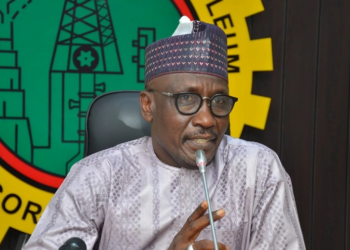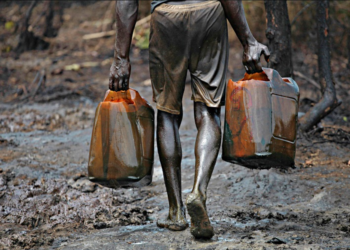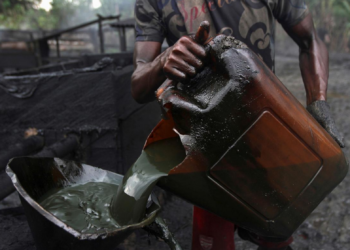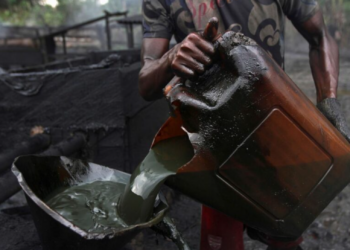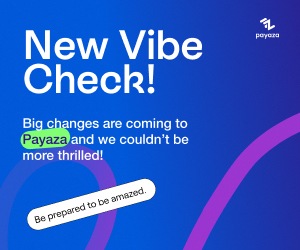Nigeria lost $41.9 billion to crude oil and refined products theft between 2009 and 2019, a report obtained by Nairametrics from Nigeria Extractive Industries Initiative disclosed.
Details
According to the policy brief of the agency, which was released on Wednesday, the nation lost $38.5 billion on crude theft alone, $1.56 billion on domestic crude and another $1.8 billion on refined petroleum products.
- In 10 years, Nigeria lost more than 505 million barrels of crude oil and 4.2 billion litres of petroleum products valued at $40.06 billion and $1.84 billion respectively.
- Cumulatively, total crude and product losses for the period amount to $41.9 billion. This is the size of Nigeria’s entire foreign reserves.
- On average, Nigeria lost $11.47 million daily, $349 million monthly, and $4.2 billion dollars every year for the past 10 years.
- Pipeline repairs, a direct consequence of vandalism, is a major index of losses in the oil industry.
- Between 2014-2016, total expenditure on pipeline repairs was N363 billion. This is excluded from the data in this paper as only losses of crude and products are considered.
Impact of menace
In the face of current dwindling revenues, paying priority attention to curb oil theft in the country’s oil and gas industry had become both necessary and urgent to expand revenue generation.

Proffered solution
NEITI urged the government to embrace oil fingerprinting technology, comprehensive metering infrastructure of all facilities and other creative strategies to combat the growing menace of theft of Nigeria’s crude oil and refined petroleum products.
It disclosed that Nigeria lost an average of $11 million daily, which translated to $349 million in a month and about $4.2 billion annually to crude and product losses arising from stealing, process lapses and pipeline vandalism.
“While figures from government put the loss at between 150,000 and 250,000 barrels per day, data from private studies estimated the figure to be between 200,000 and 400,000bpd.”
What it means
This implies that Nigeria may be losing up to a fifth of its daily crude oil production to oil thieves and pipeline vandals.
On comparative analysis of the size and implication of the losses to the country’s current dwindling revenue profile, NEITI renewed its appeal to the government to curb oil theft to reduce budget deficits and external borrowing.
The transparency agency stated that the value of crude oil and allied products so far lost was equal to the size of Nigeria’s entire foreign reserves.
It stated, “Stemming this hemorrhage and leakages should be an urgent priority for Nigeria at a time of dwindling revenues and increasing needs. What the country lost in 20 months in fiscal terms was enough to finance the proposed budget deficit for 2020.
“In terms of volume, 138.000 barrels of crude oil was lost every day for the past 10 years, representing seven per cent of average production of two million bpd. Nigeria lost more than 505 million barrels of crude oil and 4.2 billion litres of petroleum products between 2009 and 2018. What is stolen, spilled or shut-in represents lost revenue, which ultimately translates to services that government cannot provide for citizens already in dire need of critical public goods.”

